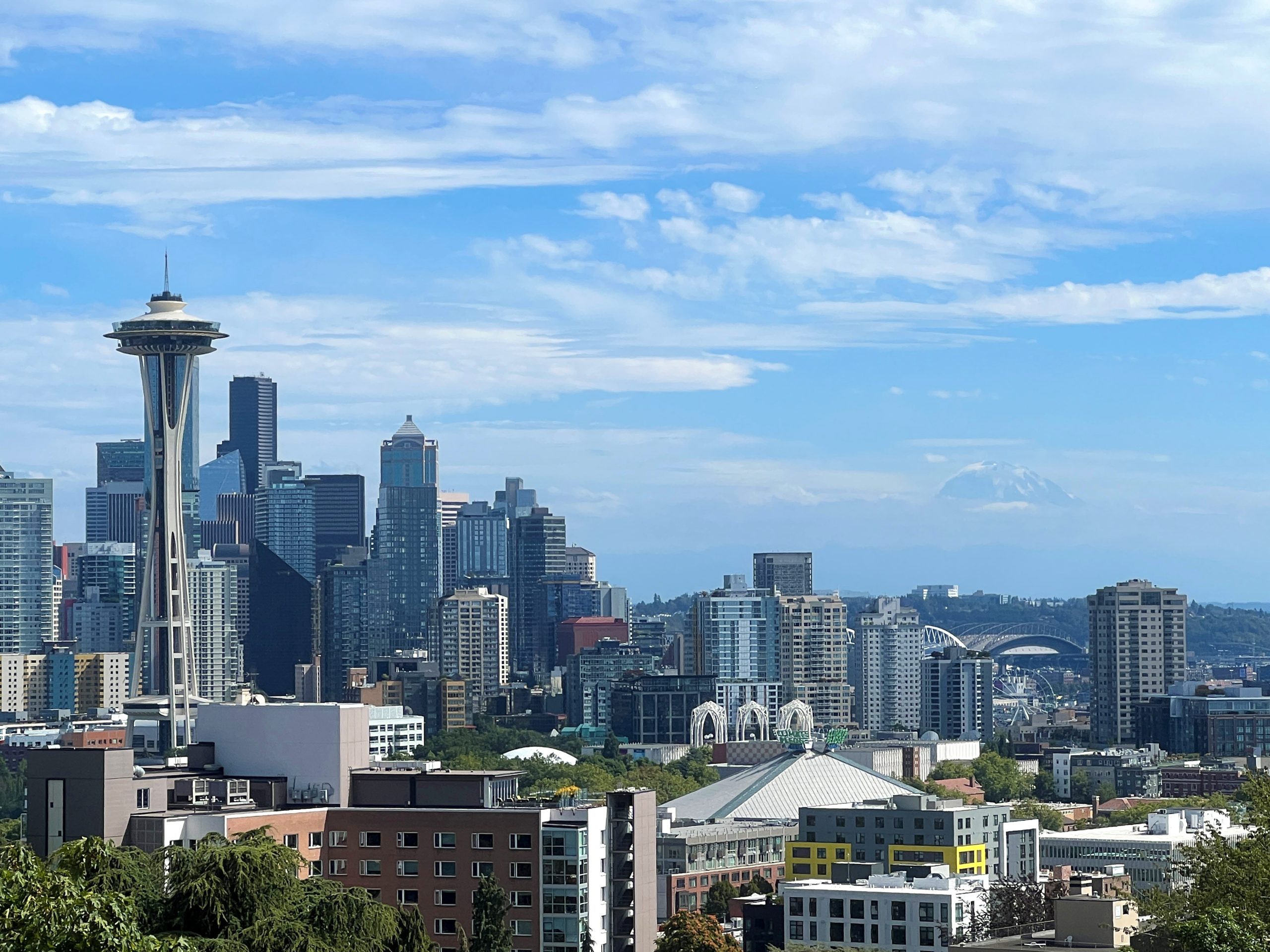News
KOMO 4: Voters to decide on Seattle Business & Occupation tax overhaul amid budget woes
Posted on

This story was originally published by KOMO 4 on Aug. 4, 2025.
The city of Seattle is looking to overhaul its Business and Occupation tax to help fix the budget, and in anticipation of federal cuts.
The city council and Mayor Bruce Harrell on Monday signed off on the legislation to go to voters during the Nov. 4 General Election.
The council passed this tax package proposal unanimously and claims it would lower taxes for thousands of the city’s small businesses. But, opponents, including the Downtown Seattle Association, said they believe this measure sets up Seattle for “more harm than good.”
The proposal would raise the B&O tax threshold exemption from $100,000 to $2,000,000 in gross revenue and create a new B&O deduction up to $2,000,000,” Rinck’s office wrote in a press release. “About 76% of current B&O taxpayers – small and medium-sized businesses – would no longer owe the tax, and approximately 90% of businesses would owe less than they do today.
Under the proposal introduced by the mayor and city councilmember Alexis Mercedes Rinck, taxes would be boosted for large employers to raise an estimated $81 million a year for investments in housing vouchers and shelter, food and nutrition access, services for survivors of gender-based violence, and more, according to Mercedes Rinck’s office.
This comes as the city faces a more than $140 million revenue shortfall, and as some councilmembers anticipate federal spending cuts.“We can ensure critical city services are maintained despite the challenges our budget or the Trump administration presents,” Mercedes Rinck said before the vote at a special city council meeting on Monday.
Downtown Seattle Association President and CEO Jon Scholes has been openly against the proposal, saying it could hurt downtown’s revitalization.
After this latest move by the council, he wrote, “is collecting more revenue this year than at any point in our city’s history. Raising a B&O tax that is already the highest in the nation doesn’t solve the city’s self-inflicted spending problems.”
The Seattle Metro Chamber of Commerce President and CEO Rachel Smith adds she believes this “rushed” tax package “makes Seattle’s economic environment more volatile and uncertain,” adding that “when business costs go up, consumer prices also go up.”
However, a representative with the Latino Community Fund (LCF) argued that moving the legislation forward would be a critical move to protect immigrant-owned and other small businesses.
Many small businesses are struggling to survive. They’re facing a perfect storm – inflation, rising operating costs, labor shortages, declining foot traffic, and most seriously, significant safety concerns,” LCF Director of Economic Development Luzmila Freese stated. “When we invest in small businesses today, particularly those from underserved communities, we are not just supporting their economic survival. We are nurturing the next generation of economic drivers for our city.